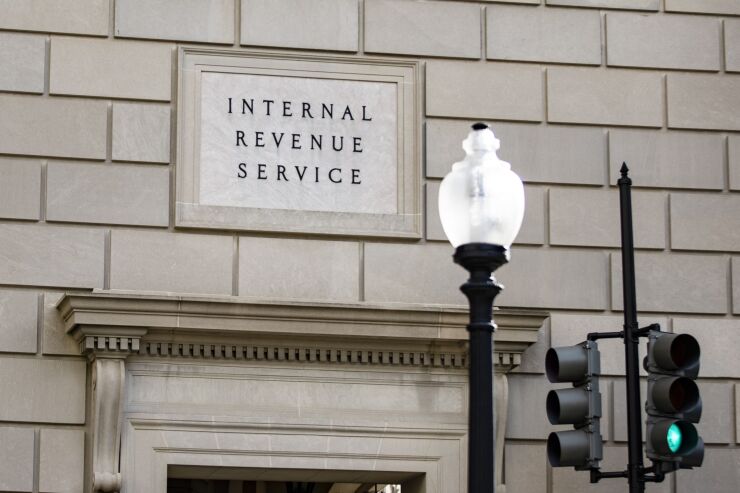The new pandemic relief package is a cash windfall for Americans, but some of its provisions are a nightmare for advisors and clients this tax season.
A clutch of one-off benefits, including a $1,400 stimulus check and tax forgiveness of a chunk of unemployment money, means that many federal income tax returns have to be reconfigured at the last minute. Meanwhile, some clients who were quick to file will have to submit an amended return to capture the new law’s largesse.
“It’s chaos,” says Paul Axberg, a CFP and CPA at Axberg Wealth Management, an RIA in Sun City West, Arizona. “I’ve never been in the middle of tax season where something so drastic has happened.”
Toby Mathis, a business tax specialist at Anderson Advisors in Las Vegas, calls this filing season “a dumpster fire.”

The tax turmoil, spawned by President Biden’s signing of the $1.9 trillion COVID relief
The American Rescue Plan is sending the $1,400 checks to all Americans and their dependents of any age — including
The package also temporarily increases the child tax credit to $3,000 per child and makes parents of children age 17 newly eligible. For children under age 6 as of the end of this year, the credit rises to $3,600. Before the law, the credit was worth $2,000 and not available to 17-year-olds.
Yet another tangle comes because the law says that people who received the two prior stimulus checks of $600 in December and $1,200 last spring, based upon their pre-Covid income in 2019,
The law also exempts the first $10,200 of last year’s unemployment benefits from federal tax.
With the pandemic wreaking havoc on incomes for over a year now and millions of people having collected unemployment in 2020, advisors say that many clients raced to file early, to lock in all the benefits.
Now it turns out that rushing to meet the traditional April 15 deadline wasn't necessarily a good idea. As a result, the new law flipped the age-old advice — from advisors, accountants and Big Four auditing and accounting firms — to “file early” on its head.
“It changes a lot of the thinking,” says Mark Wilson, a CFP and the founder of MILE Wealth Management, an RIA in Irvine, California. “We don’t usually get a tax-law change that looks backwards” to the prior tax year.
Advisors and accountants who rely on Intuit’s Lacerte tax software to crank out client returns are stressed that it hasn’t been updated to reflect the pandemic package. “Intuit hasn’t addressed it as I see,” says Axberg. A spokesperson for Intuit said that the company "is working tirelessly to update its tax products to address the changes stemming from the American Rescue Plan" and will notify customers when updates become available.
“Even the easy returns are not simple right now,"
IRS data suggests that millions of individuals may have to file an amended return to get the benefits of all three relief bills. That means that “it’s going to be more important than ever” for both clients and advisors “to have communication with your CPA or tax advisor,” says Lawrence Sprung, a CFP and the founder of Mitlin Financial, an RIA in Hauppauge, New York.
The prospect of a deluge of amended returns, tweaked to capture the new law’s benefits, has paralyzed the IRS, advisors say.
“The IRS is communicating to professionals that they are overwhelmed,” says Mathis. “They have asked preparers to hold back filing any amended 2020 returns because of the changes made last week under the American Rescue Plan until the IRS figures out all of the changes they need to make.” Calls to an IRS spokesperson were not immediately returned. An outgoing message told reporters that the agency will update its tax guidance for the new law “when more information is available.”
Complications from the latest relief package come as the IRS struggles to process a
Things will only get worse amid the tax changes under the new relief package, Axberg says. “Last year was so weird with COVID and the IRS shutting down, and this is creating weirdness, too. ‘Hey, in the middle of tax season, we’re changing the rules’."





